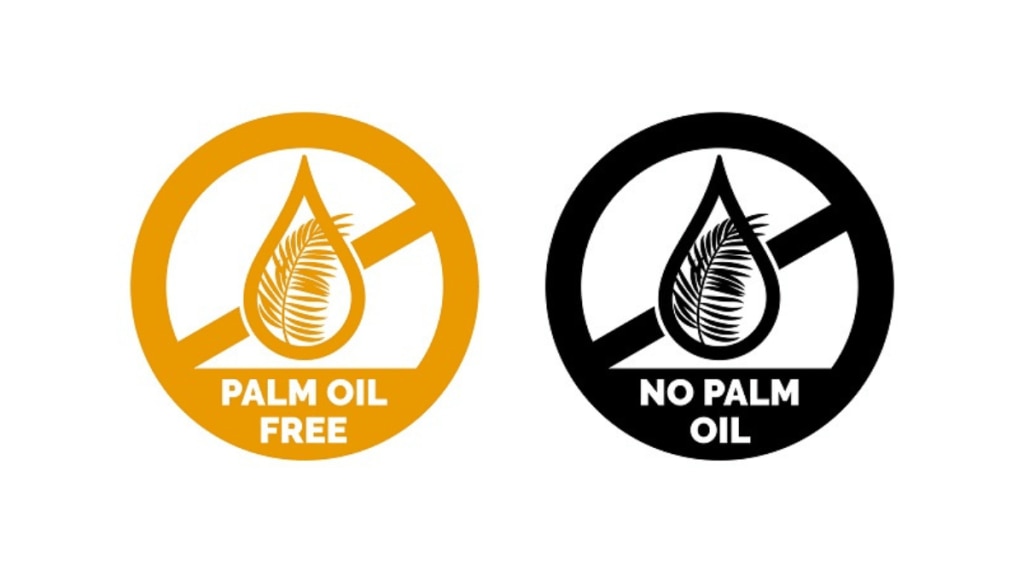The Indian Food and Beverage Association (IFBA) has raised concerns over the increasing use of “No Palm Oil” labels on consumer products, calling them misleading and more rooted in marketing than in science. In a statement issued Tuesday, IFBA Chairperson Deepak Jolly said such labels risk confusing consumers, despite palm oil being a common part of Indian diets since the 19th century. “Palm oil plays a legitimate role in a healthy, balanced diet. These labels elevate marketing agendas over scientific facts,” Jolly stated, referring to dietary guidelines issued by the Ministry of Health.
Palm oil is one of the most affordable and versatile edible oils globally, valued for its long shelf life and nutritional stability. India, which consumes approximately 26 million tonnes of edible oil annually, imports around 9 million tonnes of palm oil to meet demand. The association warned that such labelling trends, often amplified on social media, may influence consumers to make food choices that are not grounded in scientific evidence. “This trend risks undermining India’s self-reliance goals and could harm farmers, producers, and the broader economy,” Jolly added.
Shilpa Agrawal, IFBA’s Director of Scientific and Regulatory Affairs, pointed to the 2024 Dietary Guidelines for Indians from the ICMR–National Institute of Nutrition, which acknowledge the health benefits of tocotrienols in palm oil, such as cholesterol reduction and cardiovascular support. The guidelines recommend rotating various edible oils, including palm oil, for a balanced fatty acid intake.
The IFBA also endorsed the government’s National Mission on Edible Oils–Oil Palm (NMEO-OP), launched in 2021 with a budget of Rs 11,040 crore to boost domestic oil palm cultivation and reduce import reliance. “Consumers should be wary of unverified claims made by influencers. Labels like ‘Palm Oil Free’ should not replace informed dietary choices,” the association concluded.


